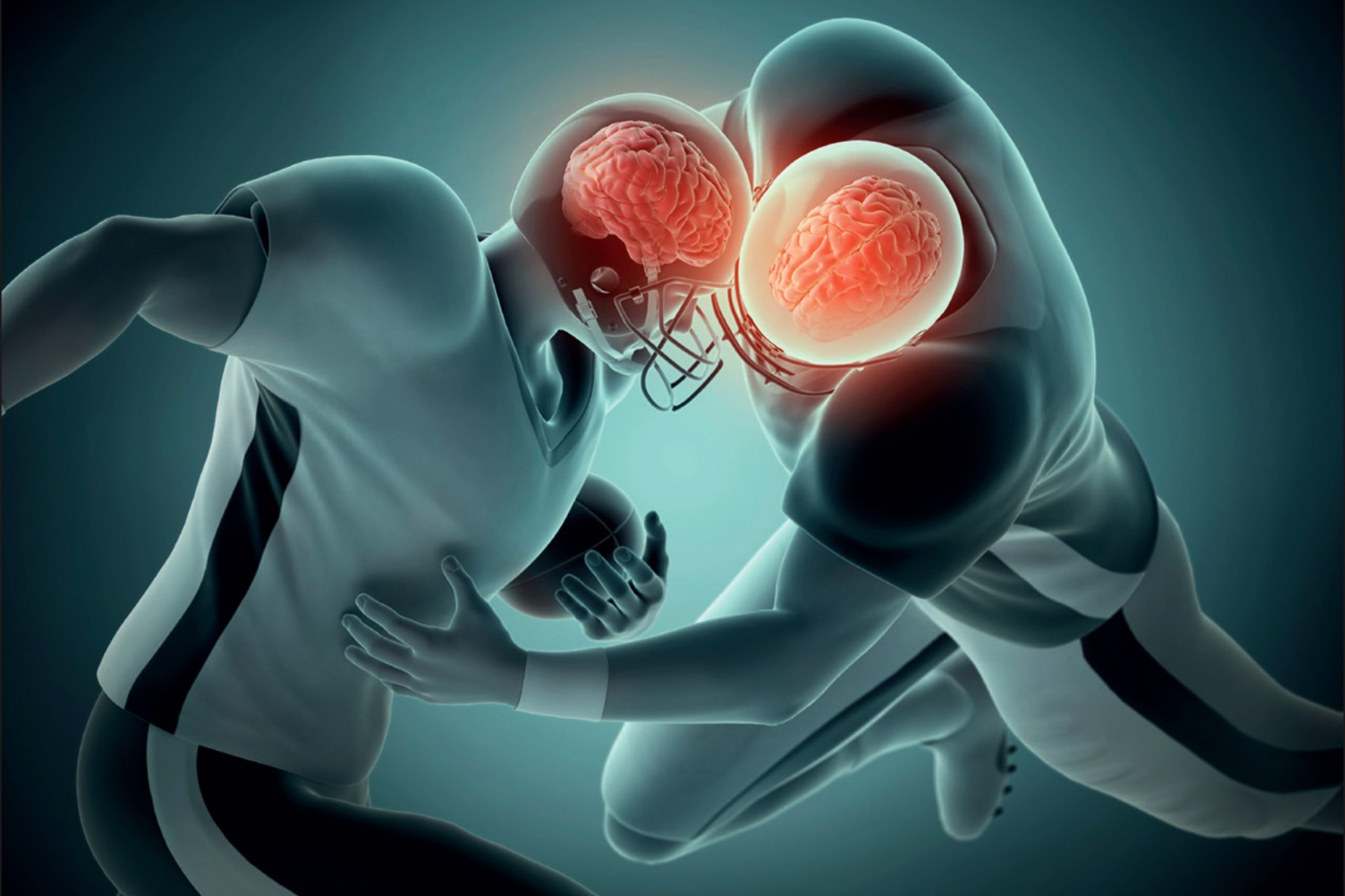
Concussions are more than just bumps on the head; they're serious brain injuries that demand attention and understanding. Whether you're an athlete, parent, coach, or just someone curious about health, knowing the facts about concussions is crucial. These injuries can happen to anyone, not just sports enthusiasts, and their impact can be far-reaching. From recognizing symptoms to understanding recovery processes, there's a lot to learn. In this post, we'll unveil 15 essential facts about concussions, shedding light on their causes, effects, and the importance of proper management. Our goal is to equip you with knowledge, debunk myths, and emphasize the significance of taking concussions seriously. Let's navigate through these insights together, ensuring you're informed and prepared to support brain health.
Understanding Concussions
Concussions are a type of traumatic brain injury that can have serious consequences. Knowing the facts about concussions can help you understand their impact and how to manage them.
-
A concussion is a brain injury: It occurs when the brain moves rapidly back and forth inside the skull, often due to a blow to the head or a sudden jolt.
-
Symptoms can vary: Common symptoms include headaches, dizziness, confusion, nausea, and sensitivity to light or noise. Some people may also experience memory loss or mood changes.
-
Not always immediate: Symptoms might not appear right away. They can develop over hours or even days after the injury.
Causes and Risks
Understanding what causes concussions and who is at risk can help in prevention and early detection.
-
Sports-related concussions: Contact sports like football, hockey, and soccer are common causes. Athletes are at higher risk due to the physical nature of these activities.
-
Falls are a major cause: Especially in young children and older adults, falls can lead to concussions. Ensuring safe environments can reduce this risk.
-
Vehicle accidents: Car crashes and other vehicle-related incidents are significant causes of concussions. Wearing seat belts and using proper car seats for children can help prevent injuries.
Diagnosis and Treatment
Proper diagnosis and treatment are crucial for recovery from a concussion.
-
Medical evaluation is essential: If a concussion is suspected, a healthcare professional should evaluate the person. They may use neurological exams and imaging tests to assess the injury.
-
Rest is critical: Both physical and mental rest are important for recovery. Avoiding activities that require concentration or physical exertion can help the brain heal.
-
Gradual return to activities: Once symptoms improve, a gradual return to normal activities is recommended. This process should be guided by a healthcare provider to avoid re-injury.
Long-term Effects
Concussions can have lasting effects, especially if not properly managed.
-
Post-concussion syndrome: Some people experience symptoms like headaches, dizziness, and cognitive difficulties for weeks or months after the initial injury.
-
Increased risk of future concussions: Having one concussion increases the likelihood of having another. Repeated concussions can lead to more severe brain injuries.
-
Chronic traumatic encephalopathy (CTE): This is a serious condition linked to repeated head injuries. It can cause long-term cognitive and emotional problems.
Prevention and Awareness
Preventing concussions and raising awareness about their seriousness can help reduce their occurrence.
-
Proper sports equipment: Wearing helmets and other protective gear can reduce the risk of concussions in sports. Ensuring equipment fits properly is also important.
-
Education and training: Coaches, athletes, and parents should be educated about the signs and symptoms of concussions. Knowing when to seek medical attention can prevent further injury.
-
Safe environments: Creating safe play areas for children and fall-proofing homes for older adults can help prevent concussions. Simple measures like using handrails and removing tripping hazards can make a big difference.
A Final Word on Concussions
Understanding concussions is crucial for everyone, from athletes to parents, educators, and healthcare professionals. These injuries are more than just bumps on the head; they're serious medical conditions that require proper attention and care. Awareness and education are key to preventing and managing concussions effectively. Recognizing symptoms early, seeking professional medical advice, and following a tailored recovery plan can make all the difference in healing. Let's prioritize brain health by staying informed, practicing safe sports techniques, and supporting those recovering from concussions. Together, we can make strides in protecting our most vital organ and ensuring a safer environment for all active individuals. Remember, when in doubt, sit it out. Taking care of your brain today ensures a healthier tomorrow.
Was this page helpful?
Our commitment to delivering trustworthy and engaging content is at the heart of what we do. Each fact on our site is contributed by real users like you, bringing a wealth of diverse insights and information. To ensure the highest standards of accuracy and reliability, our dedicated editors meticulously review each submission. This process guarantees that the facts we share are not only fascinating but also credible. Trust in our commitment to quality and authenticity as you explore and learn with us.


